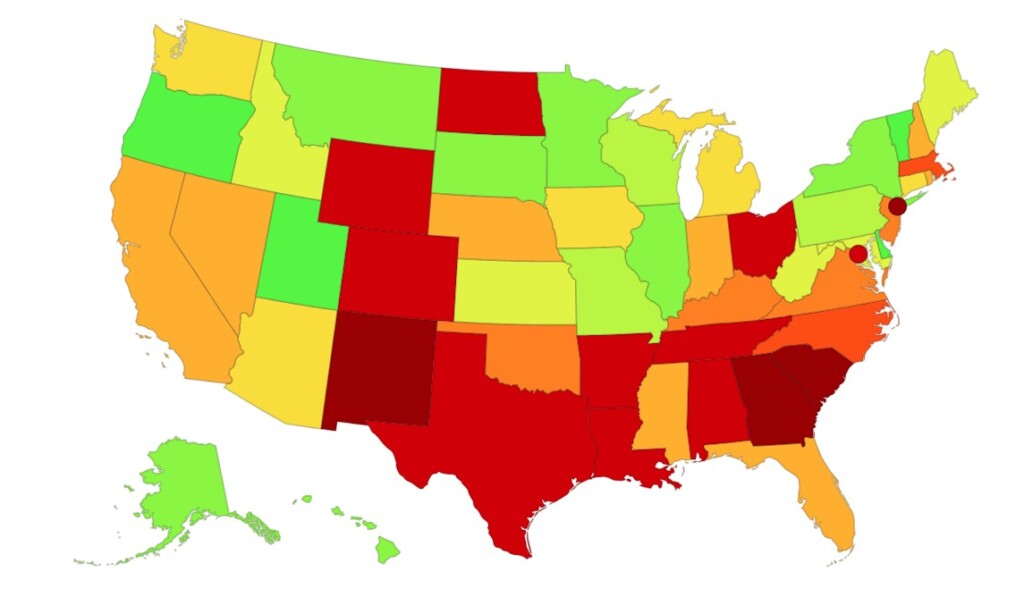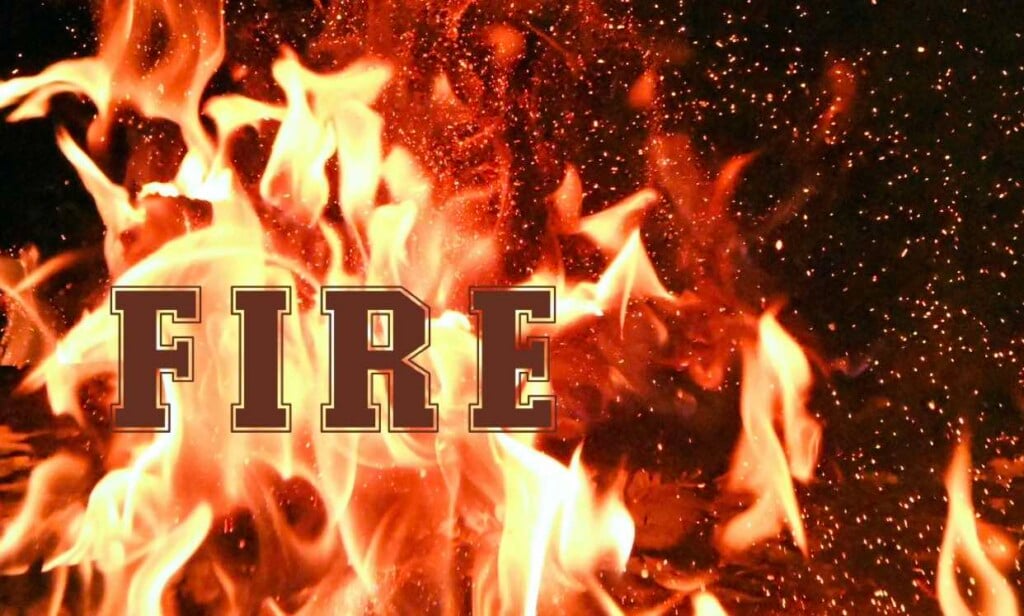IL sees decline in seasonal respiratory viruses

(KBSI) – The latest data continues to show the spread of respiratory viruses is declining across the state of Illinois.
The Illinois Department of Public Health (IDPH) announced that the state’s overall respiratory illness level decreased from Low to Minimal in the most recent available CDC data.
Illinois is now at Low level for COVID-19 hospitalizations on the CDC COVID Data Tracker as of January 27.
In addition, the number of counties at Medium level for COVID-19 hospitalizations – which means between 10 and 20 hospitalizations per 100,000 of population in the last week – is at 10 in the most recent week, down from 11 the previous week.
No counties are at High level. That means more than 20 hospitalizations per 100,000 in the last week – down from six the previous week.
IDPH reminds the public that respiratory virus season can last into the spring. Additional increases in illness rates are still possible.
“I am very encouraged to see continued decreases in respiratory illness activity throughout Illinois,” said IDPH Director Dr. Sameer Vohra. “While cases are declining, 10 counties are at Medium level for COVID-19 hospitalizations. IDPH will remain vigilant as we near the end of
the winter respiratory season. We encourage residents, especially those most vulnerable to severe health outcomes from COVID-19, flu, and RSV to use the tools at their disposal to stay safe.”
If people develop symptoms of a respiratory illness – including coughing, sneezing, sore throat, a runny nose or fever – IDPH recommends staying home and away from others to avoid spreading illness.
If you need to seek medical care, wear a mask to limit the risk to others – or try to schedule a telehealth appointment.
Public health experts also urge anyone who has been recently exposed to COVID-19 or other respiratory viruses to wear a mask when in crowded areas, and if visiting someone at high risk for severe disease.
Tap here for more on when and where to use a mask.
IDPH launched a new awareness campaign this fall called ’Tis the Sneezin’ to remind Illinoisans that vaccinations provide the best protection against the triple threat of COVID-19, flu and RSV.
RSV season is now winding down in Illinois. The use of the RSV vaccine in pregnancy is no longer warranted. However, the shots that can be used to provide infants and young children protective immunity to RSV will continue to be available until the end of the season. Older adults can continue to get their RSV vaccine even after the season is declared over.
IDPH recently launched an Infectious Respiratory Disease Surveillance Dashboard that will be updated weekly on Fridays. This report provides the public the latest data on hospital visits, seasonal trends, lab test positivity and demographic data.
Every household in the U.S. can receive four free at-home tests through the COVID.gov website.
IDPH also made available a single swab triple-test for Flu/RSV and COVID-19, at no cost, to high risk congregate care settings and local health departments.
The CDC launched the Bridge Access Program for those who are uninsured or under-insured last year that covers the cost of COVID-19 vaccines.
The Vaccines for Children Program covers all ACIP recommended vaccines for eligible children, including nirsevimab for RSV protection.
llinoisans who experience symptoms can access no cost-share telehealth services through the SIU School of Medicine COVID Test to Treat services or call (217) 545-5100.
Another option is the NIH Test to Treat line or call 1-800-682-2829 to get access to no-cost care.
The federal government established covid.gov, a website that provides an all-purpose toolkit with information on how to obtain masks, treatment, vaccines and testing resources for all areas of the country.


